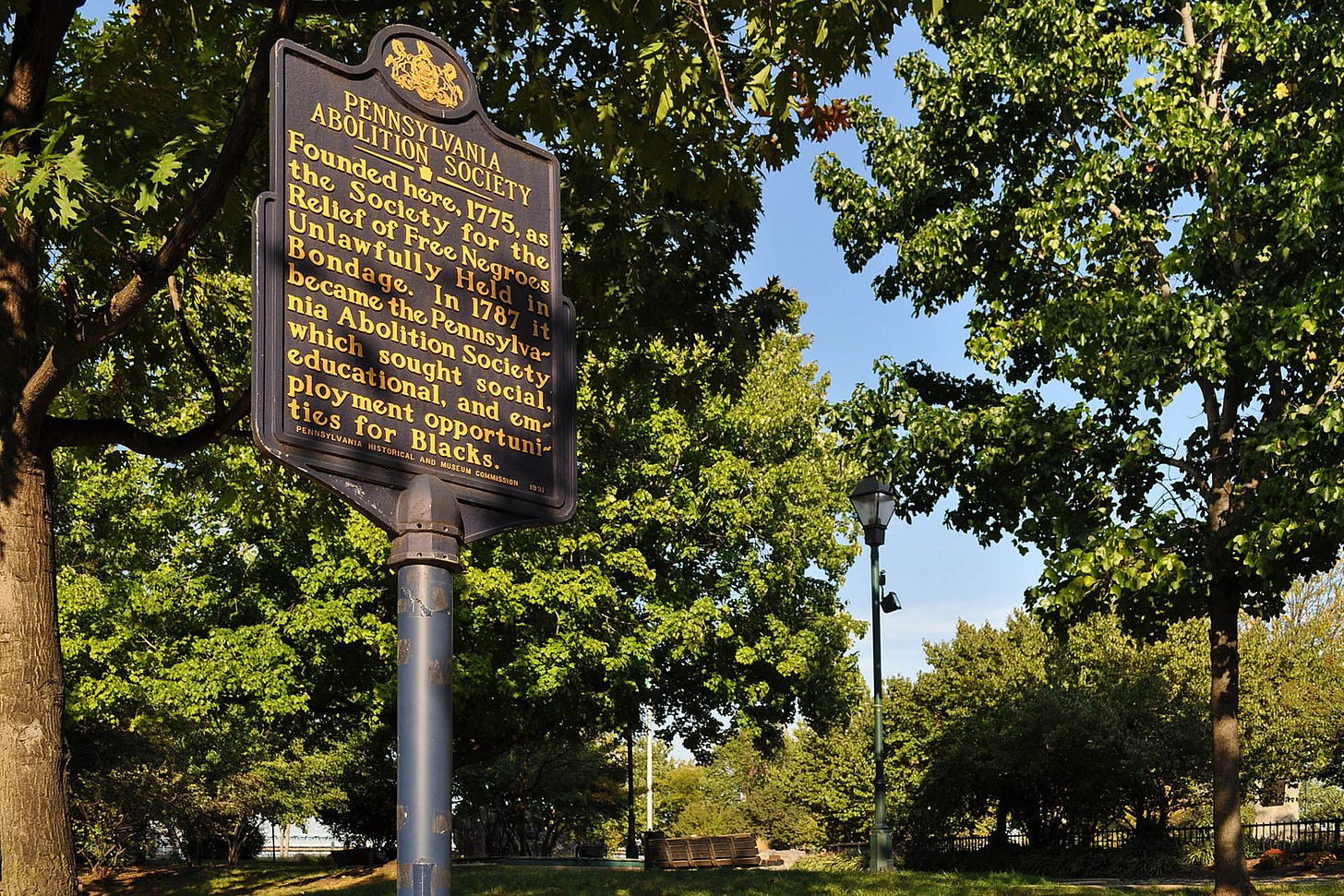
This Day in Legal History: First American Anti-Slavery Society Organized
On April 14, 1775, in Philadelphia, Pennsylvania, the first American society dedicated to the abolition of slavery was organized. Known as the Society for the Relief of Free Negroes Unlawfully Held in Bondage, it marked a critical early step in the formal anti-slavery movement in the United States. Among its key founders were Benjamin Franklin and Dr. Benjamin Rush, both prominent figures of the American Enlightenment and signers of the Declaration of Independence. The society was composed primarily of Quakers, whose religious convictions aligned with the idea that slavery was morally wrong and incompatible with Christian values.
While its initial activities were limited, the group laid the groundwork for more organized and effective abolitionist efforts in the decades to come. In 1787, after the American Revolution, the society was reconstituted as the Pennsylvania Society for Promoting the Abolition of Slavery, with Franklin serving as its president. This reorganization gave the movement greater political clout and visibility. The society pushed for gradual emancipation, legal reforms, and the education and employment of freed Black individuals.
Franklin’s involvement lent substantial legitimacy to the cause, especially when he submitted a petition to the First Congress in 1790 calling for the federal government to take action against slavery. Although the petition was ultimately rejected, it sparked the first significant congressional debate over slavery in U.S. history. The 1775 founding of the original society represents a rare pre-Revolutionary acknowledgment of slavery’s moral contradictions within the new American experiment. It also helped forge an early link between legal reform and moral advocacy, a tradition that would define much of the abolitionist movement in the 19th century.
Meta Platforms, the parent company of Facebook, is set to face trial in Washington over allegations that it created an illegal monopoly by acquiring Instagram and WhatsApp. The Federal Trade Commission (FTC) argues that these billion-dollar acquisitions were designed to eliminate emerging competition and solidify Facebook’s dominance in the social media space. Filed in 2020, the case seeks to force Meta to sell off Instagram and WhatsApp, a move that would significantly impact the company’s business, especially since Instagram alone is estimated to account for over half of its U.S. ad revenue.
Meta’s legal team has pushed back, calling the case weak and politically motivated. CEO Mark Zuckerberg is expected to testify, facing scrutiny over past emails where he framed the Instagram acquisition as a defensive move against competition. Meta argues that the market has since changed, with strong competition from TikTok, YouTube, and Apple’s messaging services.
The FTC claims Meta still dominates platforms for sharing content among friends and family, while alternatives like Snapchat and MeWe lack sufficient market presence. U.S. District Judge James Boasberg has allowed the case to proceed but acknowledged the FTC faces a tough road. The trial will run through July and, if the FTC prevails, a second trial will determine remedies like a forced breakup. The case is one of several targeting alleged monopolistic practices by major tech firms, including Google, Amazon, and Apple.
Facebook owner Meta faces existential threat at trial over Instagram, WhatsApp | Reuters
The Trump administration has repeatedly accused immigrants of serious criminal ties—such as gang leadership or terrorism—without backing those claims with evidence in court. Presumably because they aren’t interested in immediately perjuring themselves. One high-profile example involved the FBI’s arrest of a Salvadoran man in Virginia, publicly labeled a top MS-13 leader and terrorist. Yet the Justice Department dropped the sole charge—illegal gun possession—and instead moved to deport him without pursuing gang-related allegations in court. A similar case involved Kilmar Abrego Garcia, who was deported and later labeled a human trafficker, though no such charge appeared in legal filings.
Officials also deported 238 Venezuelans alleged to be part of the Tren de Aragua gang, despite some having no criminal records. Homeland Security Secretary Kristi Noem defended their imprisonment, citing national security, while declining to present supporting evidence. Legal experts caution that making unsupported public accusations risks undermining prosecutions and due process, as it can taint juries and violate Justice Department policy.
Some judges have pushed back. U.S. District Judge Paula Xinis emphasized that serious accusations should be vetted through the legal system, not just made in press conferences. Meanwhile, other alleged MS-13 members were charged through traditional indictments, showing the DOJ still uses evidence-backed prosecutions in some cases. Critics say the administration’s approach mixes law enforcement with political messaging, leveraging public fear to justify aggressive immigration actions.
Trump officials push immigrant gang message, but sometimes don't back it up in court | Reuters
A group of Harvard University professors has filed a lawsuit to stop the Trump administration from reviewing nearly $9 billion in federal grants and contracts awarded to the university. The lawsuit, brought by the Harvard chapter of the American Association of University Professors and its national organization, argues that the administration is unlawfully targeting the school to suppress free speech and academic freedom. The review was announced amid ongoing scrutiny of elite universities over pro-Palestinian protests, diversity programs, and transgender policies.
Federal agencies including the Departments of Education and Health and Human Services, along with the General Services Administration, began investigating $255.6 million in contracts and $8.7 billion in multi-year grants. They demanded Harvard meet conditions to continue receiving funds, such as banning protester mask-wearing, eliminating DEI programs, cooperating with law enforcement, and revising departments allegedly involved in antisemitic harassment.
The administration has cited Title VI of the Civil Rights Act of 1964, which prohibits discrimination at federally funded institutions, as its legal basis. However, the plaintiffs argue that the government has not followed the proper legal process and is instead using funding threats to impose political viewpoints. Harvard law professor Andrew Crespo said the government cannot silence speech it disagrees with through funding leverage.
Harvard professors sue over Trump's review of $9 billion in funding | Reuters


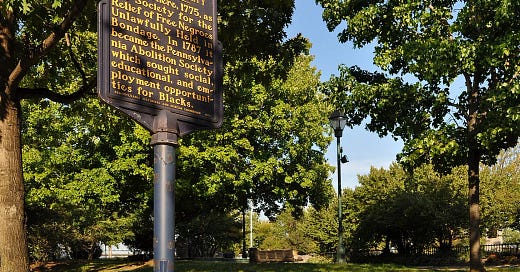



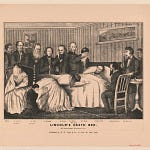
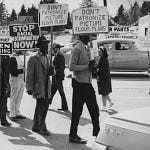
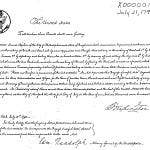
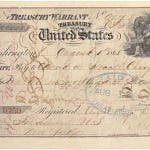



Share this post